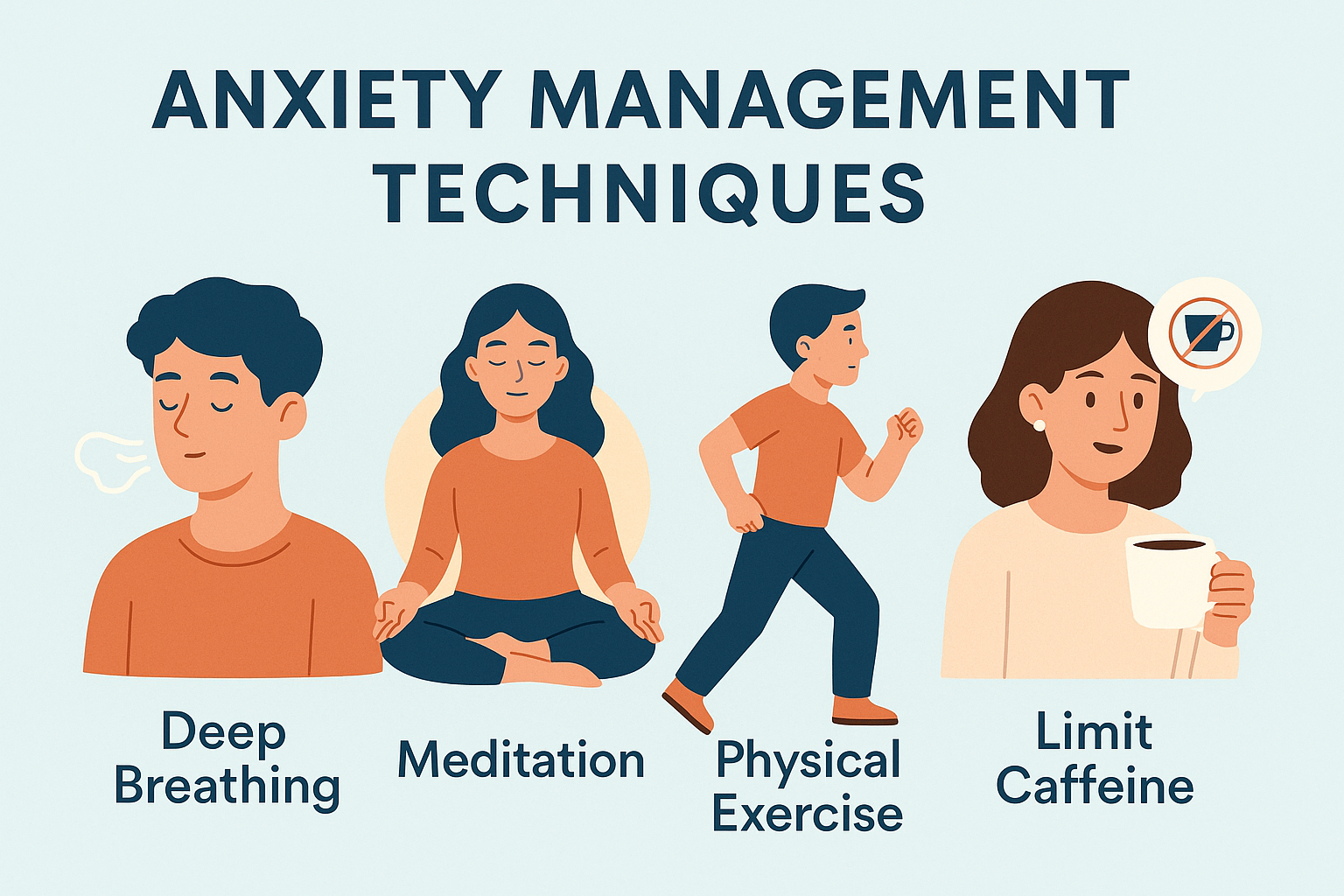
When to Worry: 6 Early Signs Your Child Might Benefit from Counseling
You know your child better than anyone. Maybe your child seems more withdrawn, more irritable, or just not quite themselves, and you’re not sure if it’s a phase or something more.
While it’s normal for children to have emotional ups and downs, some changes in behavior can be early mental health symptoms that signal a deeper need for support.
In this blog post, we’ll share some signs that it might be time to seek kids' therapy and explain how counseling can support your child's emotional well-being.
Emotional and Behavioral Signs Your Child Needs Counseling
The behavioral and emotional changes that signal your child to benefit from counseling can differ depending on age and personality.
However, there are some common signs you can watch for:
1. Difficulty managing emotions: If you notice your child struggling to control their feelings or having intense emotional outbursts, it might be time to reach out for professional support.
2. Persistent sadness or anxiety: If your child often shares feelings of sadness, hopelessness, or fear that don’t seem to go away, it's important to take those emotions seriously.
3. Withdrawal from activities: If your child used to love particular hobbies or activities but has recently lost interest, it could be a sign that something deeper is going on.
4. Difficulty in social situations: If your child seems to have a hard time making friends or struggles in social settings, child counseling can help them build stronger social skills and confidence.
5. Changes in sleep or appetite: Big shifts in your child’s eating or sleeping habits might be signs of emotional stress.
6. Academic struggles: If your child’s grades are slipping, or they seem to have trouble focusing or completing tasks, emotional issues could play a role.
What to Expect from Child Counseling
Child counseling provides a safe, nurturing space where your child can express feelings, process experiences, and build healthy coping skills with the guidance of a licensed therapist.
Here’s what you can expect when your child begins counseling:
● A collaborative approach: In child counseling, you’re an important part of the process. A counselor will work closely with you and your child to create a treatment plan that fits your child's unique needs and supports their mental health.
● Therapy techniques tailored to your child's age: Children need support that is different from that of adults. Your child's counselor will use age-appropriate techniques to help your child express feelings, build trust, and develop healthy coping skills.
● Play therapy: Since play is a natural way for children to communicate, your child's counselor may use toys, games, or art activities during sessions. These tools help your child share emotions and experiences safely and comfortably.
● Tools for managing emotions: Counseling can teach your child practical ways to handle tough feelings, like deep breathing exercises or guided imagery. These tools can help your child feel more in control of their emotions and support their overall well-being.
Supportive Child Counseling in Dallas, TX
If you’ve noticed early signs that your child may be struggling emotionally, don’t wait to get support. Counseling can make a meaningful difference in their development and well-being. The child psychiatrists and counselors at Beckloff Behavioral Health Center are trained in adolescent counseling and skilled in various play therapy techniques to meet each child's unique needs.
We also offer virtual telehealth sessions to make getting support even more accessible. If you’d like to learn more about how we can help, check out our blog for helpful tips and insights Book an appointment with us today.



